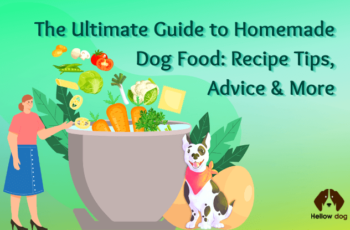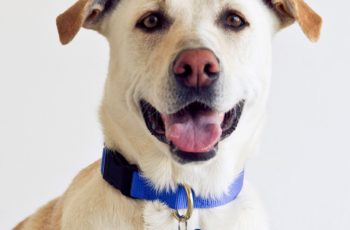You love to take your four-legged BFF with you wherever you go. And you know your dog’s temperament and ‘tude – not to mention the behavior of other pups on the premises – can have an enormous effect on whether any given dog-friendly outing is a success.
How can you be sure your pup and their new pals have as much relaxed, friendly fun together as possible?
We spoke to the good folks at Animal Humane Society (AHS) – who just so happen to be experts in all things animal – about what to watch for. Whether you’re at your local dog-friendly hangout or just taking a stroll through your neighborhood, keeping an eye on your bestie’s body language is key to making it a grrr-eat experience for everyone involved.
First things first – polish up your pup’s basic skills before setting paw in a hectic environment (like a patio party or the newest local brewery). Training Fido to reliably sit, keep all four paws on the ground, and turn to you when they’re unsure of a new situation will build their confidence and help them mind their manners in public. “You should always be attentive to your dog, even when chatting with friends at the pub. A dog’s body language is subtle and can change quickly,” says Elise Denham Probasco, Animal Behavior & Training Specialist at AHS.
You’ll also want to feel confident in your dog’s openness to meeting new friends, both two- and four-legged. That means becoming a guru at observing their mood and signals.
“One of the biggest misconceptions about dog body language is that a wagging tail means the dog is happy. A wagging tail actually lets us know that the dog’s brain is stimulated, and they may not be thinking clearly. The tail’s position and height lets us know if the dog is happy — neutral or parallel to the ground is relaxed, high is stressed or excited, low and tucked is anxious or afraid. It’s best to rely on the rest of the dog’s body language in context with the tail to know how they are feeling,” says Elise.
Most importantly, know thy dog. Animals can be extroverted, introverted, or not open to meeting newbies at all — just like people. If your pooch needs extra space, there’s no shame!
See also

If they’re not feeling social, put some distance between her and the approaching dog or human, and always be ready to high-tail it outta there if Fido’s showing signs of being overwhelmed.
“Being your dog’s best advocate requires some multi-tasking!” says Elise. “If your dog is unsure and begins to cower or stiffen up when walking past a dog or loud noise at a festival, it’s important to take that seriously.”
Paying attention to your pooch’s body language is key to living your dog-friendliest life.


